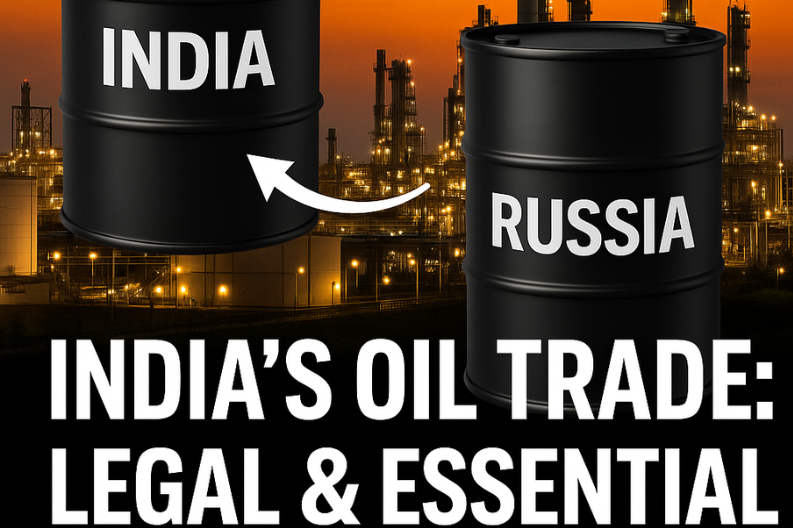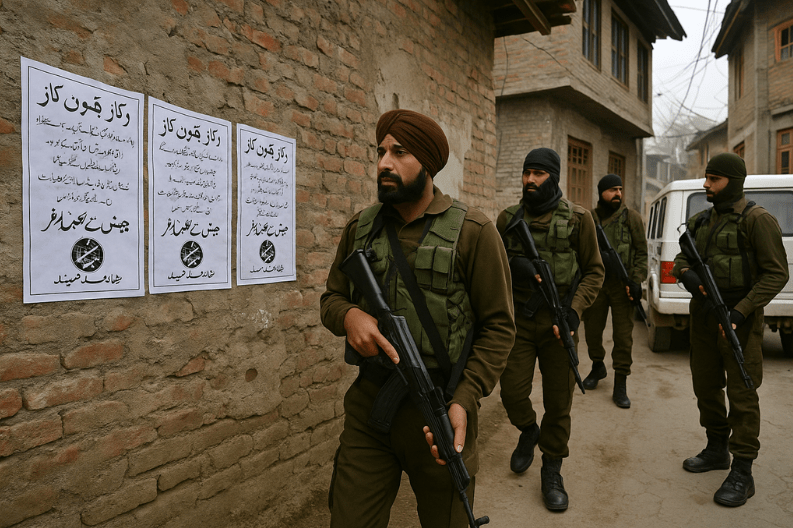Oil Minister Rejects Claims of India’s Oil Trade being manipulated, defending the country’s role as one of the world’s largest players in the global oil market. India has long held the position of the fourth-largest exporter of petroleum products, and this ranking has not changed even after the Ukraine war began in February 2022.
Before the conflict, India imported less than 1% of its crude from Russia. However, as Western nations cut purchases to penalize Moscow, India’s imports from Russia rose dramatically to nearly 40%. Officials argued that the steep discounts offered on Russian oil were too significant to ignore, especially for a growing economy dependent on stable energy supplies.
Recently, former White House adviser Peter Navarro labeled India’s oil trade with Russia a “laundromat.” In response, Minister Hardeep Singh Puri dismissed the remark as baseless. Writing in The Hindu, he stated, “Some critics allege that India has become a laundromat for Russian oil. Nothing could be further from the truth.” He stressed that every oil purchase complies fully with international laws, including G-7 and European Union frameworks designed to keep oil flowing while limiting Russian revenues.
Analysts warned of serious consequences if India reduced imports. A CLSA report suggested crude prices could surge to USD 90-100 per barrel if India stopped buying Russian oil. Such a move would leave nearly one million barrels per day stranded, disrupting supply chains and putting pressure on the global market.
Minister Hardeep Singh Puri highlighted India’s role in stabilizing markets by sourcing crude from multiple countries and ensuring uninterrupted refining. He also noted that European nations, after banning Russian oil, relied on refined fuels exported from India. This, he argued, demonstrates India’s value to global energy security.
At home, the government has tried to shield citizens from soaring costs. Public sector oil firms absorbed losses of up to Rs 10 per litre on diesel. The government also cut taxes on fuel and introduced rules requiring refiners to sell a portion of petrol and diesel in the domestic market before exporting. These measures kept essential fuels accessible for Indian households despite global volatility.
In conclusion, Minister Puri emphasized India’s commitment to fair and transparent practices. He said critics overlook the fact that India’s adherence to international norms helped prevent crude from spiking to a catastrophic USD 200 per barrel. Oil Minister Rejects Claims of India’s Oil Trade, underscoring India’s balanced approach to meeting domestic needs while maintaining responsibility in global energy markets.



